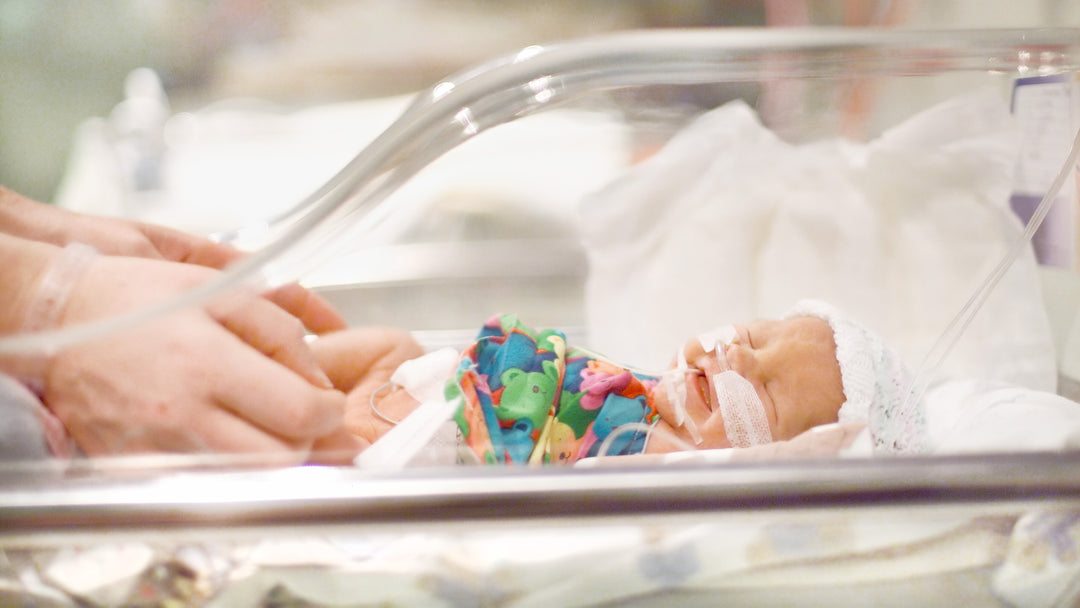Navigating Life After the NICU: The Lingering Impact on Families
The journey through the Neonatal Intensive Care Unit (NICU) is undoubtedly one of the most challenging chapters for families with premature babies. While the day you finally bring your little one home is joyous, the echoes of the NICU experience often linger, shaping the emotional landscape, parenting style, and overall dynamics of family life. In this post, we'll explore some of the ways the NICU can continue to impact parents and their families long after leaving the hospital.
1. Emotional Rollercoaster: The NICU experience is an emotional rollercoaster that doesn't necessarily come to a sudden stop upon discharge. Feelings of relief, gratitude, and joy mix with lingering sadness and anxiety. The emotional toll of separation, coupled with the adjustments to caring for a newborn at home, can lead to a myriad of emotions. Seeking support from loved ones or professional therapists becomes crucial in navigating this complex emotional terrain.
2. Changes to Parenting Style: The NICU experience often shapes parenting styles, making parents more protective and vigilant. Concerns about their baby's health and development may result in increased monitoring and hesitancy to leave them with others. Striking a balance between protective instincts and allowing your baby the space to explore is essential. Connecting with fellow NICU parents who understand these dynamics can provide valuable insights and support.
3. Long-Term Health Issues: Depending on the severity of prematurity and NICU complications, some babies may face long-term health issues. Managing these ongoing challenges, such as breathing problems or developmental delays, becomes a significant part of daily life. Establishing a robust support system, including healthcare professionals, family, and friends, is crucial for navigating the complexities of managing your baby's health.
4. Impact on Relationships: The stress and uncertainty of the NICU experience can strain even the strongest relationships. It's important for partners to make intentional efforts to support each other and maintain open communication. Seeking guidance from therapists or counselors can provide strategies to navigate the unique challenges that arise in caring for a premature baby and strengthen the foundation of the relationship.
5. Adjusting to Life at Home: Transitioning from the structured environment of the NICU to the independence of home can be overwhelming. The constant monitoring and support received in the hospital are suddenly replaced by the responsibilities of caring for a newborn at home. It's crucial for parents to be patient with themselves, acknowledging the adjustment period, and reaching out for help when needed. Building a network of support can ease the transition and provide reassurance.
Conclusion: The NICU experience, while marked by intense emotions and uncertainty, doesn't neatly conclude upon leaving the hospital. Instead, it leaves an indelible mark on the fabric of family life. Recognizing the ongoing impact and proactively addressing the emotional, parenting, and health challenges that may persist is essential. By fostering open communication, seeking support, and allowing for patience and adjustment, families can navigate the complexities that arise long after the NICU doors have closed, fostering resilience and strength in the face of adversity.








